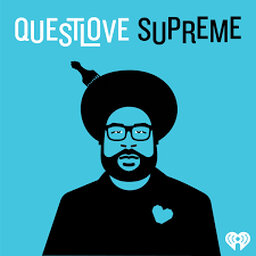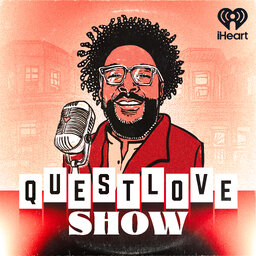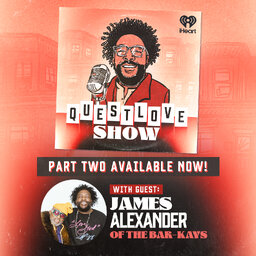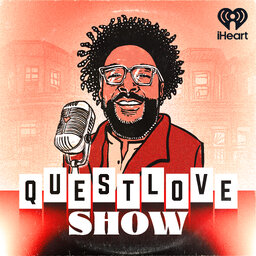Black Music Month QLS Classic: Kenny Gamble
A daily celebration for Black Music Month comes to a close with one of its founders. Living legend Kenny Gamble is considered one of the greatest composers, producers and music businessmen of all time. He and his partner Leon Huff literally crafted The Sound Of Philadelphia. So get ready to join him along with Questlove and Team Supreme. Class is now in session!
In 1 playlist(s)
The Questlove Show
The Questlove Show builds on the award-winning Questlove Supreme podcast, bringing listeners into in…Social links
Follow podcast
Recent clips

QLS Classic: Lena Waithe
1:32:57

BONUS: James Alexander on The Bar-Kays' Rivalry With Cameo
09:18

James Alexander of The Bar-Kays Part 2
1:01:04
 The Questlove Show
The Questlove Show